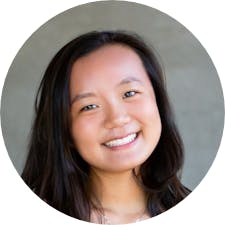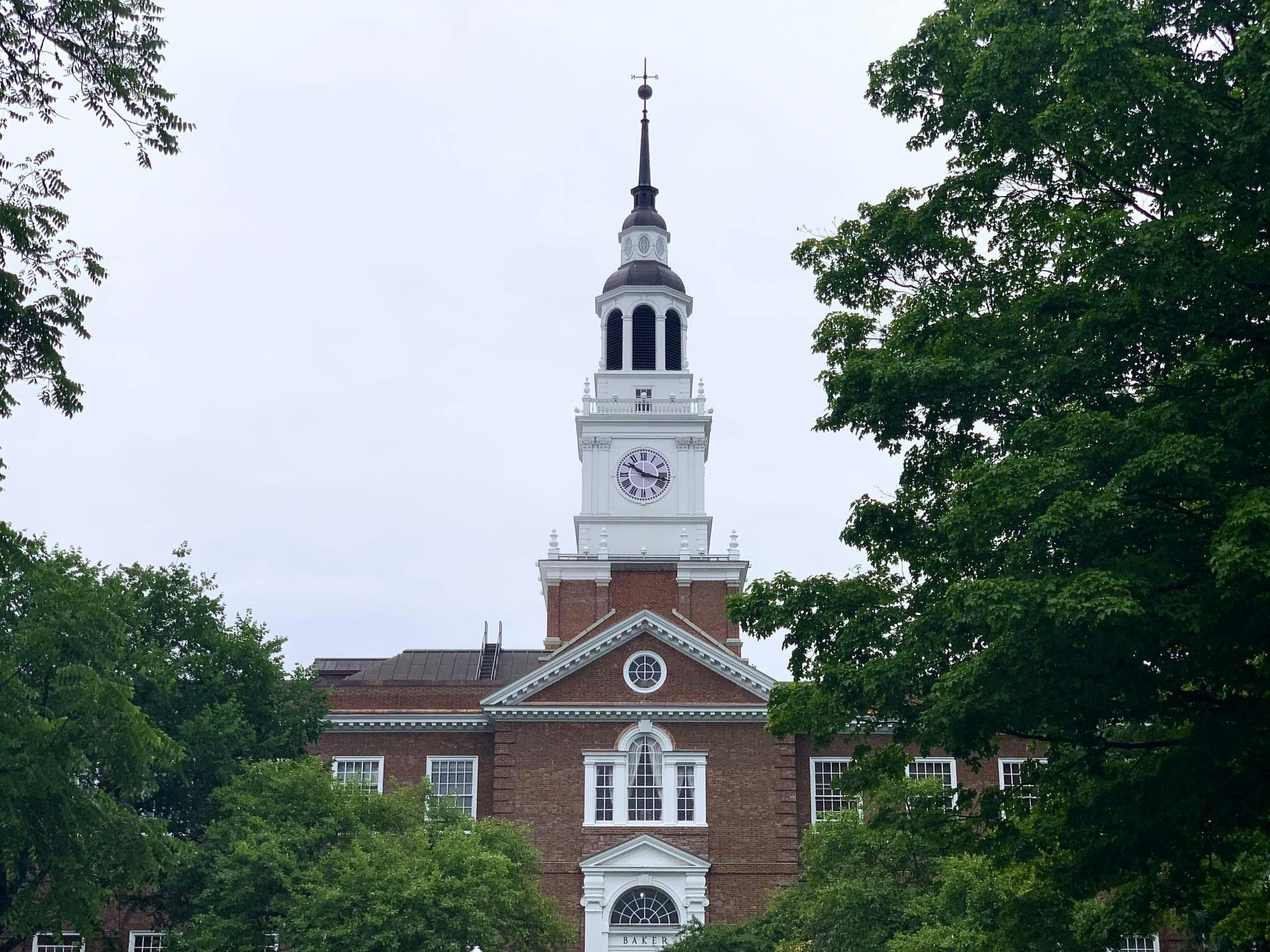The Frank J. Guarini Institute for International Education is offering nine study abroad programs this fall: the German language study abroad and foreign study program, the Italian LSA and LSA+, the History FSP, the Government FSP, the English and Creative Writing FSP, the Environmental Studies domestic study program and the Earth Sciences DSP. The Guarini Institute canceled four trips that were slated for this fall: an exchange with the American University of Kuwait; the Consortium for Advanced Studies Abroad’s exchange with Cuba; the Asian Societies, Cultures and Languages department’s Vietnam FSP; and the ASCL Chinese LSA+.
Guarini Institute executive director John Tansey said he is pleased that most of the programs are moving forward as planned.
“Our goal is to offer all of the programs we have on our schedule to the extent that it’s possible, so we’re thrilled that most of our programs are moving forward,” Tansey said.
Tansey stressed that the continued COVID-19 pandemic will require organizing on-site health and safety measures and paying attention to each country’s case count, vaccination rate, entry requirements and the quality of national medical systems. According to Tansey, planning starts nine months in advance of a program’s launch.
“For all of our programs, whether it’s required by the country or not, we are doing pre-arrival testing of students so that we can identify anybody that may test positive for COVID-19 before they depart,” Tansey said.
According to Tansey, the College is administering post-arrival and surveillance testing depending on the specific conditions in the country, and has pre-identified isolation spaces to support students, faculty or staff who may become infected with COVID-19 during the program.
Despite its prolonged planning process, the College announced the cancellation of some of its study abroad programs shortly before their start date. Tansey explained that certain unforeseen complications forced these last-minute cancellations. The American University of Kuwait, for instance, is no longer accepting student visitors due to health concerns.
Some students who had planned to study abroad this fall were blindsided by their program’s cancellation. Sophia Emmoth ’24, a Middle Eastern studies minor, received an email only a week before classes began notifying her that the American University of Kuwait program would not be taking place.
Assuming she would spend the term in Kuwait, Emmoth had relinquished her on-campus housing, leaving her no choice but to live in a motel in White River Junction. She said she has struggled with finding transportation to and from Hanover.
“It’s really frustrating for me because I have to get up at 4:30 in the morning every day and take a bus at six to get to ROTC practice on time,” Emmoth said. “I think it’s terrible that the buses don’t run on weekends. There are no Ubers, I don’t have a car, and taxis are really expensive, so I’m stranded in my hotel on the weekends.”
Emmoth added that, since the latest bus leaves campus at 5:30 p.m., she must leave campus at that time, and therefore was unable to take courses scheduled for later in the evening.
She said the College offered her the option of attending the program next year during her junior fall, but she “really wanted” to do it as a sophomore, hoping to focus on fulfilling her neuroscience major’s requirements during her junior and senior years.
“I was really excited to get to study Arabic because that’s the language that I was studying freshman year,” Emmoth said. “I was super excited to be immersed in the culture — I’m really interested in the variety of cultures … in the Middle East — and make new friends in a new country, but now that won’t happen.”
Some programs that were not cut still had to alter their programming. Environmental studies professor Douglas Bolger will teach the latter two-thirds of the Environmental Studies DSP in New England, which replaced the Environmental Studies FSP in Southern Africa this year.
According to Bolger, the Environmental Studies department decided that it was not feasible to hold the program in Southern Africa due to uncertainty surrounding the pandemic.
“There was just too much unknown about the progression of COVID,” Bolger said. “We had pretty good clarity about what the [COVID-19] situation would probably be like in New England, so we started planning for a program in New England so that we could offer something.”
Bolger said that this program includes many of the same themes as the Southern Africa FSP, examining community-based natural resource management in fisheries, forests and agriculture, respectively.
“We were enthusiastic about the idea anyway because there’s so much to learn here — close to home — as well as going to faraway places,” Bolger said.
Bolger noted that only 12 students enrolled in the New England DSP, whereas 16 students normally attend the Southern Africa DSP. He attributed the decline in enrollment to more students wanting to be on campus after the pandemic, as well as the change in location to a locale more students were already familiar with.
While some students yearned to return to campus this fall, others decided to take advantage of loosening travel restrictions and study abroad. Rachel Hsu ’23 will participate in the Dartmouth-Oxford Exchange at Keble College this October. She said she is excited to learn through Oxford’s tutorial system, which, according to Oxford’s website, involves regular conversations between two to three students and a tutor.
“Having such close interaction is something that, obviously, you get at Dartmouth, but I think not necessarily to the extent of having a tutor who meets with you regularly to really flesh out everything that you talk about in classes,” Hsu said.
As an international student from Taiwan, Hsu had to make the difficult decision of choosing between U.K. and U.S. schools after getting into multiple colleges. After accepting her offer from Dartmouth, she arrived at the College with the intention of studying abroad in the U.K.
Lewis MacMillan ’23 is one of two students on the Bocconi University Exchange Program in the Economics department.
“Something that has definitely changed is all the [COVID-19] restrictions they have now in Italy,” MacMillan said. “They have a green pass, which is basically the American [COVID-19] card that you got when you got vaccinated, and you have to show it when you go to museums, schools and restaurants.”
MacMillan has said he has enjoyed his time in Milan so far; he attended Milan Fashion Week and hiked a lake on the border of Italy and Switzerland.
“It’s awesome,” MacMillan said. “The classes I’m taking are absolutely amazing and all the professors are super funny. It’s amazing because Dartmouth is in such a remote location that you’re very much confined to the Dartmouth campus, but here, I have one class on Monday that ends at 10 a.m., so I can take the 10-minute train ride to the city center [afterwards].”





